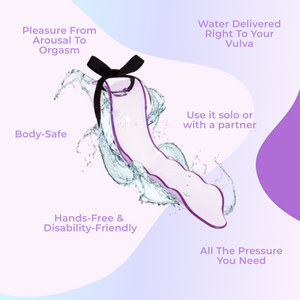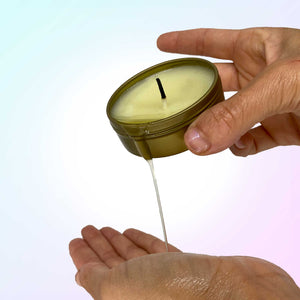Let's talk about a topic that's often surrounded by myths and misconceptions: condoms and fertility.
As a woman who values empowerment and knowledge, I'm here to provide you with information about how condoms can affect your ability to conceive. So, let's debunk some myths and explore the relationship between condoms and fertility.
First and foremost, let's address a common misconception – that using condoms can negatively impact your fertility. The truth is, when used correctly and consistently, condoms do not affect your ability to conceive. Condoms are designed to provide a barrier that prevents sperm from entering the uterus and fertilizing an egg, but they do not interfere with the natural processes of ovulation or fertilization.
In fact, condoms are one of the most effective forms of contraception for preventing unintended pregnancies when used correctly. According to the Centers for Disease Control and Prevention (CDC), condoms have a typical use failure rate of about 13%, meaning that about 13 out of 100 people will experience an unintended pregnancy within the first year of using condoms. However, when used consistently and correctly, the failure rate drops to about 2%, making condoms a highly reliable form of contraception.
Moreover, using condoms consistently and correctly can actually help improve fertility outcomes by reducing the risk of sexually transmitted infections (STIs) that can affect reproductive health. STIs such as chlamydia, gonorrhea, and pelvic inflammatory disease (PID) can cause inflammation and scarring of the reproductive organs, leading to infertility in both men and women. By preventing STIs, condoms can help protect your reproductive health and increase your chances of conceiving when you're ready to start a family.
But what about fertility-friendly lubricants and spermicides? Some condoms come pre-lubricated with spermicide or contain additives such as nonoxynol-9, which is believed to have spermicidal properties. While these additives are generally safe for most people, there is limited evidence to suggest that they provide any additional contraceptive benefit when used with condoms. In fact, some studies have shown that spermicides containing nonoxynol-9 may actually increase the risk of irritation and genital inflammation, which can affect fertility.
It's also important to note that condoms are not the only factor that can affect fertility. Other factors such as age, overall health, lifestyle habits, and underlying medical conditions can also influence your ability to conceive. If you're experiencing difficulty getting pregnant, it's essential to consult with a healthcare provider who can assess your individual situation and provide personalized guidance and support.
In conclusion, condoms are a safe and effective form of contraception that do not affect your ability to conceive when used correctly and consistently. By providing a barrier that prevents sperm from entering the uterus, condoms help prevent unintended pregnancies while also reducing the risk of sexually transmitted infections (STIs) that can affect reproductive health. So, whether you're looking to prevent pregnancy or protect your sexual health, condoms are a reliable option that can help you take control of your fertility and well-being.
More Articles You Might Love

Get To Know Your Vulva




















